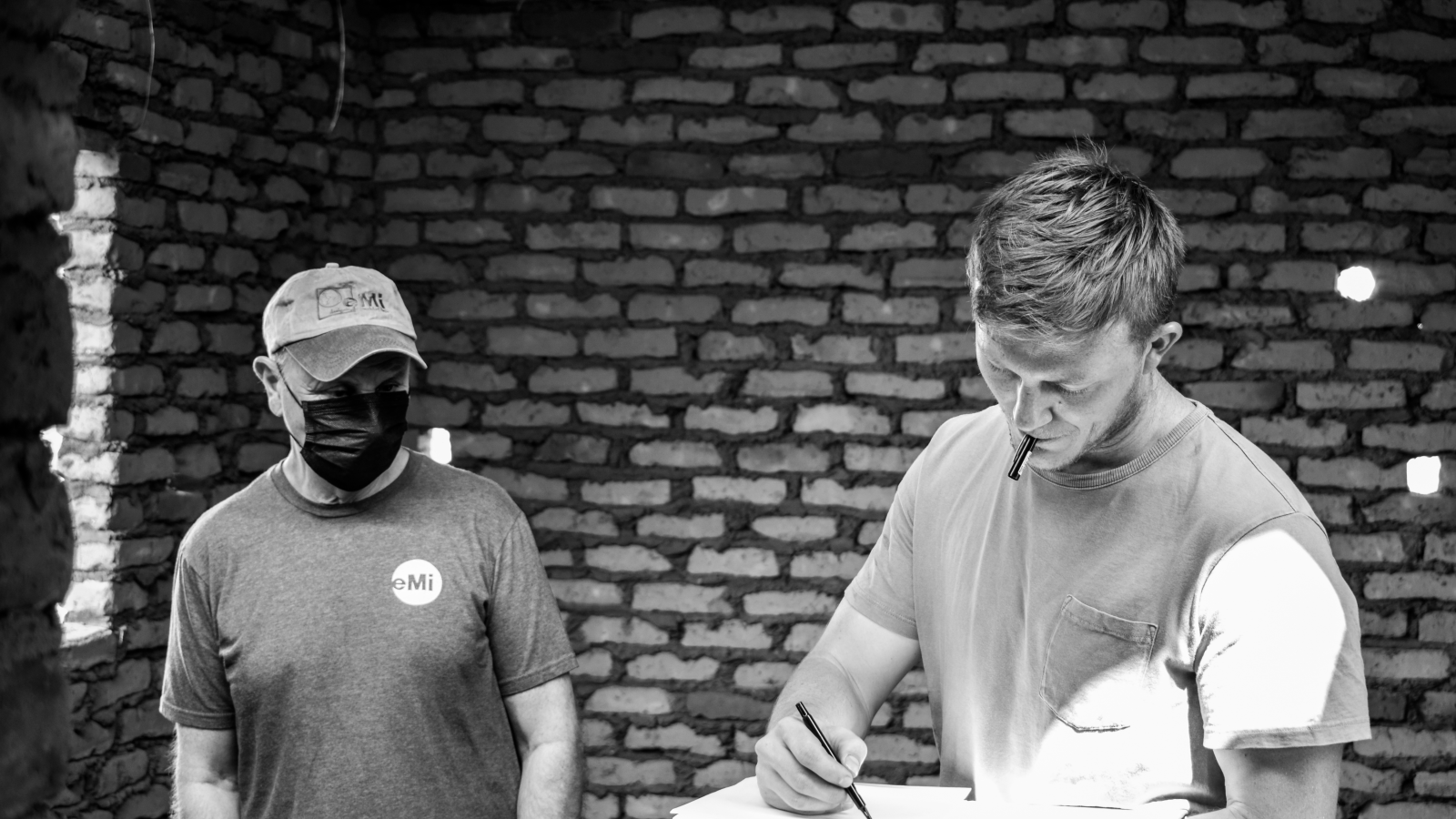Finding Purpose in What You Do
“Our daily work can be a calling only if it is reconceived as God’s assignment to serve others.” — Every Good Endeavor by Timothy Keller
In today’s world, work is often seen in extremes—it’s either glorified as the ultimate source of identity or dismissed as a necessary evil. But there’s a deeper, more balanced vision of work: one where it’s understood as a calling, a way to serve others, and a means of participating in something larger than ourselves.
The Original Design for Work
Work was never meant to be a burden. In the beginning, it was part of the good and meaningful rhythm of life. The idea of cultivating, building, and stewarding creation was woven into human purpose from the start. Work was designed to be fruitful and fulfilling, not frustrating or futile.
This view helps reframe how we see our daily responsibilities—not just as tasks to get through, but as opportunities to contribute to human flourishing and reflect something of the divine image in how we create, manage, repair, teach, design, or care.
The Reality of Brokenness
Of course, most people don’t experience work this way. There are deadlines, stress, underappreciation, and sometimes outright injustice. Our workplaces can be sources of anxiety, boredom, or disappointment. This tension is real because we live in a world where the original design has been distorted. Work that was meant to be meaningful is now touched by frustration and fatigue.
This brokenness, however, doesn’t erase the value of work. It makes the call to engage with purpose all the more important. The challenges we face in our work become places where character is formed and where healing and excellence can be quietly brought into broken systems.
Work as Service
One of the most powerful shifts in mindset comes when we stop viewing work primarily through the lens of self—What will this job do for me?—and begin asking, Who does this work serve?
All work, when it meets real needs, becomes a form of love. Whether you’re drafting plans, meeting with clients, leading meetings, or working on a job site, your work is a channel through which others benefit. That makes even routine tasks deeply meaningful. The smallest responsibilities—done with care and faithfulness—can serve as acts of service and worship.
So ask yourself, “How can I use my work today to serve someone else?” This question grounds you in purpose, not just productivity. It turns your attention outward and renews your motivation. Over time, it can transform how you approach even the most routine responsibilities.
Also, commit to doing your work with integrity and diligence—not to earn approval, but because the work itself is good. Done well, your work honors both the people it serves and the One who designed you to do it.
When seen this way, work becomes more than a job or a paycheck. It becomes a calling!
